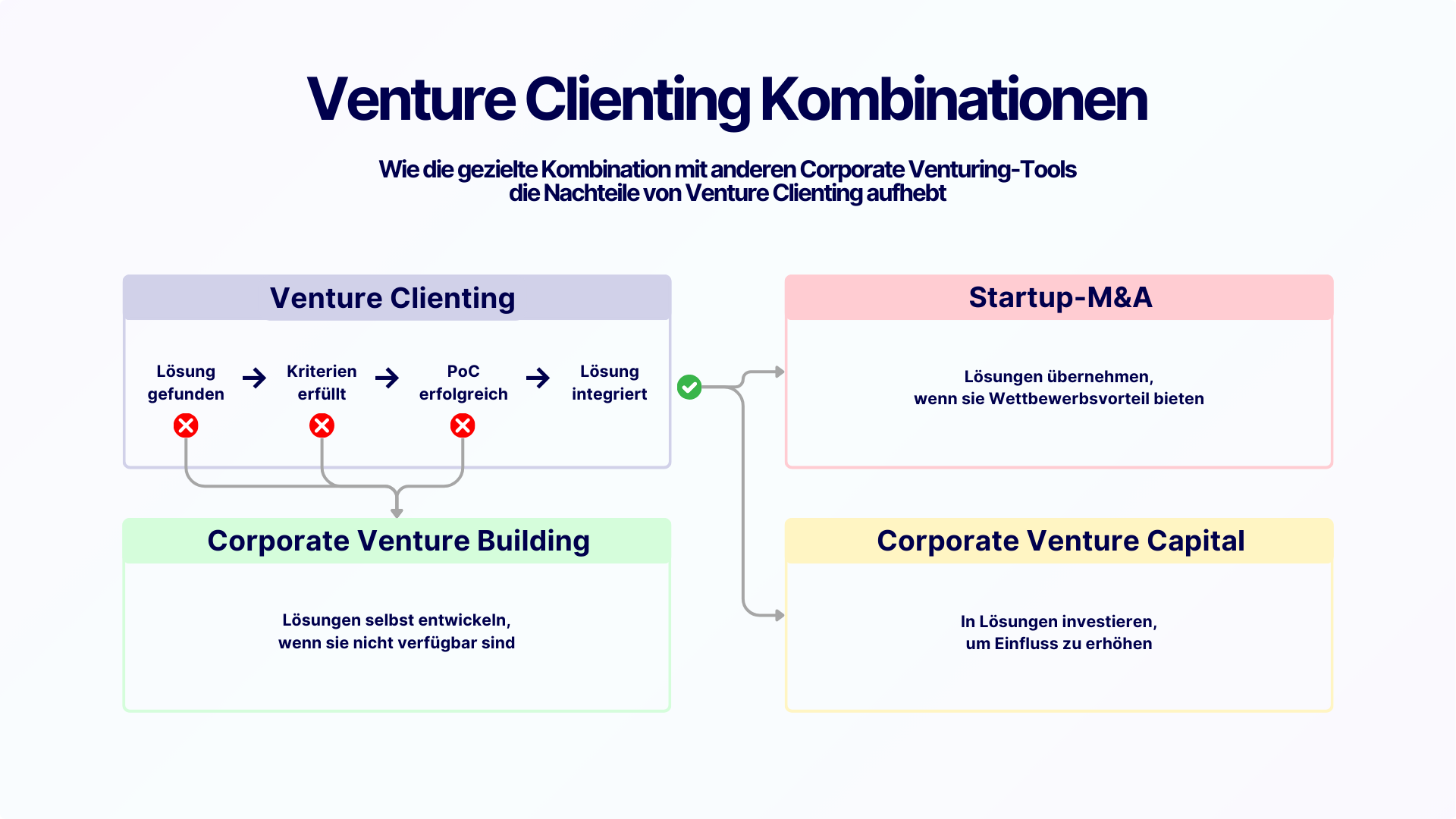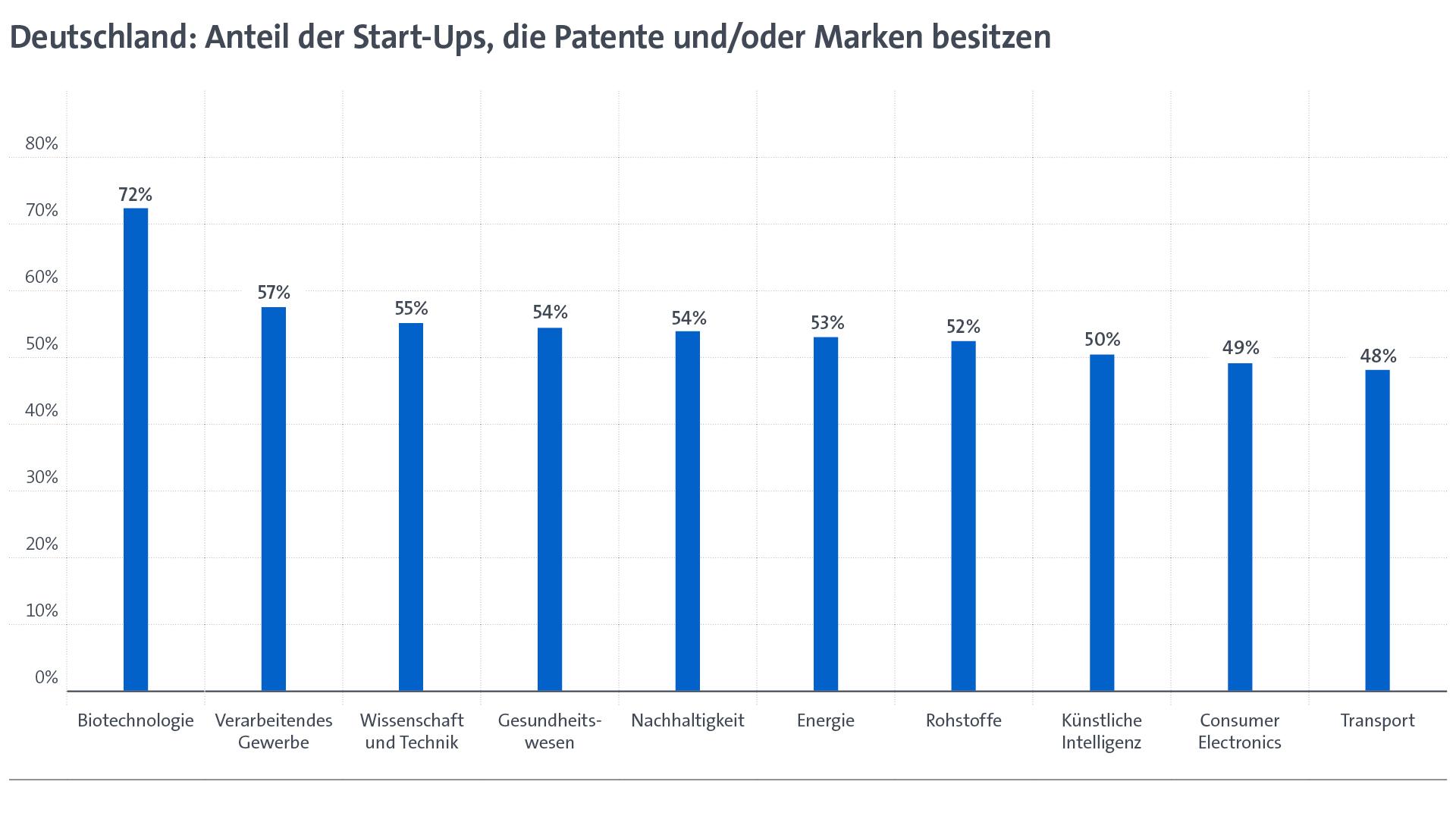The big survey of the federal states, part I: These corona aids are available from the federal states

Many federal states have special support programs for start-ups. To kick off the series, we take a look at the measures in Baden-Württemberg, Bavaria, Berlin and Brandenburg. Click here for Part II of the survey with the states of Bremen, Hamburg, Hesse, Mecklenburg-Western Pomerania and Lower Saxony. Part III with NRW, Rhineland-Palatinate, Saarland, Saxony, Saxony-Anhalt, Schleswig-Holstein and Thuringia can be found here.
The federal government has made around two billion euros available to support start-ups affected by the coronavirus crisis. It is passing on part of this to the state development banks via its development bank KfW. The aim of this "Pillar II" is to support start-ups and small and medium-sized enterprises with mezzanine (i.e. a mixture of equity and debt capital) or equity financing. How start-ups actually obtain aid varies from state to state. Our overview shows what founders in which federal state can count on and how much money has already flowed in.
Baden-Württemberg
To help start-ups through the crisis, the Baden-Württemberg Ministry of Economic Affairs, Labor and Housing has launched the "Start-up BW Pro-Tect" funding program, among other things. The aim of this program is to bridge short-term liquidity bottlenecks until the next financing round with the help of a repayable grant. "Start-up BW Pro-Tect" enables crisis-ridden start-ups that have already successfully completed a first round of financing to apply for a repayable grant of up to 200,000 euros. In order to be eligible for the aid, however, ailing start-ups in Baden-Württemberg must not have raised more than three million euros in equity capital and the company must not have been founded more than five years ago.
According to the ministry, 75 applications for "Start-up BW Pro-Tect" had been approved by mid-January, with a further 25 in the selection process at the time. To date, the state has paid out around twelve million euros as part of this program, with a further three million euros coming from private co-investors.
In addition, the state has a "mezzanine investment program" with which founders can strengthen the equity of their start-ups. The Landeskreditbank Baden-Württemberg (L-Bank) pools state and federal funds for this purpose and then allocates the funds to accredited private equity companies, which can pass them on to the companies in the form of mezzanine financing instruments such as silent partnerships in particular.
By mid-January, L-Bank had provided funds totaling 29 million euros for this purpose. Financial intermediaries licensed by L-Bank are currently Mittelständische Beteiligungsgesellschaft MBG, Wagniskapitalgesellschaft mbH der Kreissparkasse Reutlingen, S-Kap Beteiligungsgesellschaft GmbH & Co. KG, Pforzheim and the Chancenkapitalfonds der Kreissparkasse Biberach GmbH. The financing amount per company is up to 800,000 euros.
Bavaria
The LfA Förderbank Bayern has launched the LfA-Schnellkredit and Corona-Schutzschirm-Kredite to protect companies. However, both measures are not aimed exclusively at start-ups, but are intended for all companies in Bavaria. The "BayernFonds" was also launched in August 2020. The 46 billion euros it contains, which are usually provided as a guarantee for bank loans or as a silent partnership, are also available to start-ups.
In August, the Free State of Bavaria also launched the "Start-up Shield Bayern". This is an investment offer from the state. Founders can apply for a convertible loan of up to 800,000 euros. By mid-January, 221 had submitted an application. Of these, 120 were rejected and 33 applications are still being reviewed. Bavaria has so far pledged 40 million euros.
Start-ups in the state can also receive fresh money via the "Wachstumsfonds Bayern" and its successor fund, the "Wachstumsfonds Bayern 2". In principle, the state wants to use this to co-finance the further development of young companies. According to the Bavarian Ministry of Economic Affairs, the "Wachstumsfonds Bayern 2" has been available since May 2020 with a fund volume of 115 million euros. The first "Wachstumsfonds Bayern" is involved in 23 companies. For "Wachstumsfonds Bayern 2", investments in five companies had been decided by mid-January.
The "Scale-up Fund", another fund to support start-ups, is expected to be launched in Bavaria soon. With a planned fund volume of up to 250 million euros, the Free State intends to provide venture capital for promising start-ups in the later, advanced growth phase.
Berlin
Over the past three months, Investitionsbank Berlin (IBB) has already committed around 51 million euros in financing for start-ups affected by the coronavirus crisis. The "Corona aid for start-ups" currently offers public venture capital amounting to a maximum of 800,000 euros per company or group of companies and is passed on to the start-ups via three financing channels (building blocks).
The first component is financing through the "VC Fund" managed by Investitionsbank Berlin IBB Ventures. An important prerequisite for start-ups is that other partners such as venture capital companies, industrial companies or business angels invest at least the same amount in the company as the "VC Fund".
In building block 2 of the coronavirus aid for start-ups, Berlin relies on the involvement of private investors as intermediaries for the disbursement of financing funds. The intermediaries submit the start-ups for review. If the result is positive, they supplement the public funding with their own contribution of at least 20%.
IBB's "Berlin Mezzanine" program is available as a third financing channel. Here, the bank supports companies with innovative business models with subordinated loans of up to 800,000 euros, which are granted at a standard market interest rate.
Brandenburg
According to the Brandenburg Ministry of Economic Affairs, there is only the "Corona Mezzanine Brandenburg" program. In cooperation with the Kreditanstalt für Wiederaufbau (KfW), the Investitionsbank des Landes Brandenburg (ILB) provides financing to strengthen the equity base of medium-sized companies and start-ups that have run into financial difficulties as a result of the coronavirus crisis.
The offer is aimed, among others, at start-ups in the form of a corporation with a competitive business model. Prerequisite: They must either have their registered office or a permanent establishment with at least 50 percent of full-time employees in Brandenburg. Start-ups are supported by subordinated loans with a right of termination or conversion. The minimum loan amount is 100,000 euros, the maximum 750,000 euros. According to the Brandenburg Ministry of Economic Affairs, IBB does not provide any information on the number of applications or the funds disbursed to date.

Newsletter
Startups, stories and stats from the German startup ecosystem straight to your inbox. Subscribe with 2 clicks. Noice.
LinkedIn ConnectFYI: English edition available
Hello my friend, have you been stranded on the German edition of Startbase? At least your browser tells us, that you do not speak German - so maybe you would like to switch to the English edition instead?
FYI: Deutsche Edition verfügbar
Hallo mein Freund, du befindest dich auf der Englischen Edition der Startbase und laut deinem Browser sprichst du eigentlich auch Deutsch. Magst du die Sprache wechseln?






















